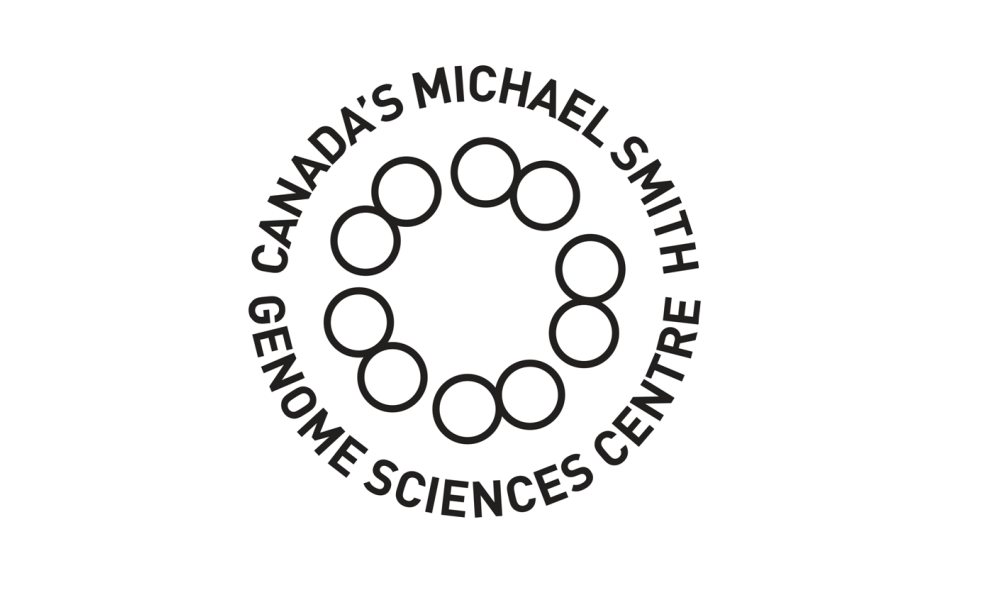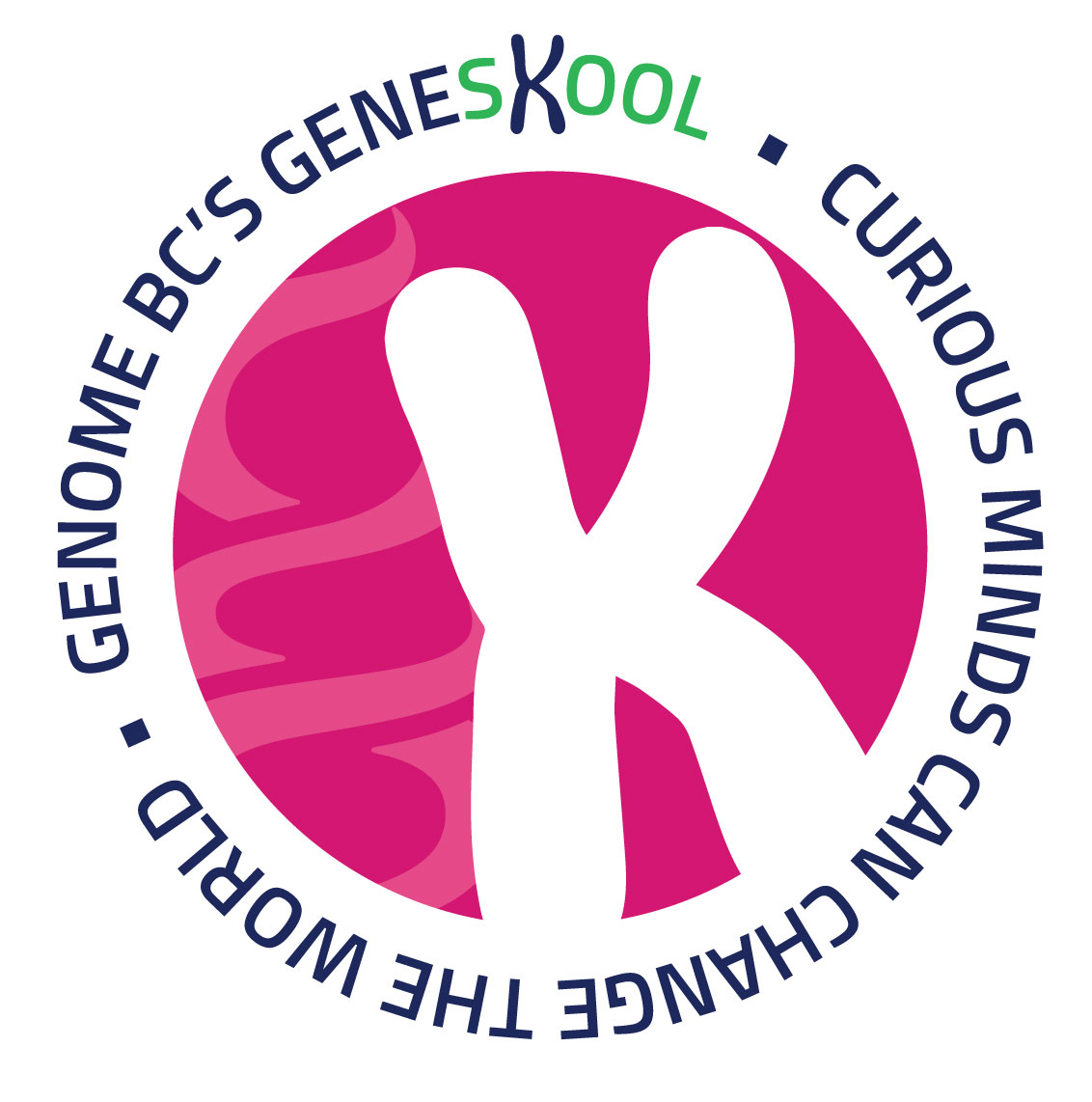News

Recipients of BC Cancer Foundation 2024 Rising Stars Award competition announced
Congratulations to the recipients of the BC Cancer Foundation (BCCF) 2024 Rising Stars Award competition!
This year’s awardees are:

Recipients of 2024 BC Cancer Emerging Multidisciplinary Research Programs Announced
BC Cancer’s 2024 Cancer Emerging Multidisciplinary Research Programs supports research teams to initiate novel multidisciplinary research projects that aim to tackle well-defined issues or problems that affect patients living with cancer or at risk of developing cancer. Funding for the programs is provided through the BC Ministry of Health in collaboration with the BC Cancer Foundation.
2024 Emerging Multidisciplinary Research Programs Recipients:

Reflections from our Inaugural GSC Collaborator Forum 2024
Since our founding in 1999, the GSC has sequenced over 6,000,000,000,000,000 bases, sequenced the genomes of more than 350 species, and facilitated ground-breaking discoveries in cancer research. On October 22, 2024, we hosted our inaugural Collaborator Forum, bringing together a vibrant mix of researchers, industry experts, and both old and new colleagues to celebrate decades of collaboration and to foster new scientific partnerships.

GSC Partners With Genome BC's Geneskool to Bring Genomics to Classrooms

The GSC is excited to partner with Genome BC (GBC)’s Geneskool to bring real-world genomics into the classroom as we re-open our doors to students and their teachers for educational tours.

Registration Now Open for Inaugural GSC Collaborator Forum
Registrations are now open for the Inaugural GSC Collaborator Forum on Tuesday, October 22nd!
An exciting line-up of invited speakers will share insights into topics ranging from plant genomes to the latest advances in cancer research. Join us for a day of sharing technical expertise and networking with Vancouver’s vibrant genomic research community!
Register here: https://www.eventbrite.com/e/gsc-collaborator-forum-tickets-1005351151357?aff=oddtdtcreator

Two BC Cancer research teams awarded in 2024 competition for prestigious Terry Fox New Frontiers Program Project Grants
Two BC Cancer research teams are 2024 recipients of the Terry Fox New Frontiers Program Project Grants (PPG), receiving new and renewal funding to advance cancer research and improve treatments.
Project: Integrated Immunotherapy for Ovarian Cancer
One of this year’s newly funded teams is based in Victoria and led by Dr. Brad Nelson.
Dr. Nelson, a BC Cancer Research Institute distinguished scientist and director of the Deeley Research Centre, will lead a team studying the immune system to improve treatments for high-grade serous ovarian cancer.

A decade of work advances care for children with cancer
Four out of five children diagnosed with cancer survive over the long term after treatment, but for 20 per cent of them, standard treatment is not enough. To improve outcomes for these kids, researchers at the Michael Cuccione Childhood Cancer Research Program at BC Children’s Hospital Research Institute (BCCHR) have been working for over a decade on the BC Pediatric Personalized OncoGenomics (PedsPOG) study, using genomics to identify treatments specific to an individual child’s cancer.

BC Cancer 2024 Summer Research Studentship Awards Announced
BC Cancer 2024 Summer Research Studentship competition, sponsored by the BC Cancer Foundation, supports senior undergraduate university students and/or junior medical or dental students seeking hands-on training in cancer research in British Columbia. These summer studentships may address any discipline of cancer research including clinical, translational, basic, behavioural and population research areas.
The 2024 awardees are:

The GSC part of a collaborative and interdisciplinary team on a mission to improve pediatric cancer treatment
The GSC is proud to have been a part of a collaborative and interdisciplinary team on a mission to improve pediatric cancer treatment.